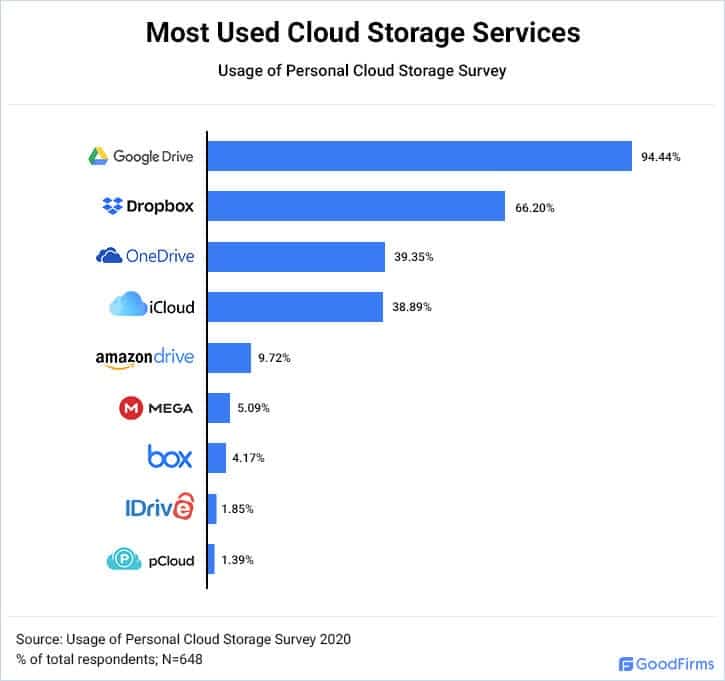AI-Powered Customer Service Technology Tools: Elevating Support in the Digital Era
As customer expectations rise and digital interactions accelerate, businesses are turning to AI-powered customer service technology tools to deliver faster, smarter, and more personalized support. These tools are transforming the traditional call center into a 24/7 intelligent experience that anticipates needs, reduces wait times, and boosts customer satisfaction. Whether you’re scaling a startup or optimizing enterprise workflows, leveraging artificial intelligence in your service strategy isn’t just a competitive edge it’s becoming a business necessity. In this article, we explore how AI is reshaping customer service and which tools are leading the change.
Smart Chatbots: From Scripted Replies to Natural Conversations
Today’s AI-driven chatbots do much more than answer FAQs they learn from interactions, adapt responses, and guide users through complex processes. Natural Language Processing (NLP) enables these bots to understand context, sentiment, and intent, making conversations feel human-like. Tools like Zendesk AI, Intercom, and Drift use machine learning to deliver fast, accurate answers that reduce ticket volume and customer frustration. For businesses, this means 24/7 support without increasing headcount, and for customers, it means immediate help without waiting on hold.
Virtual Agents That Handle Tasks, Not Just Talk
Unlike basic chatbots, virtual agents are capable of completing end-to-end tasks from booking appointments and processing returns to updating billing details or troubleshooting issues. Integrated into CRMs or help desk systems, these AI-powered tools act as intelligent assistants. Salesforce Einstein and IBM Watson Assistant are examples of platforms that allow businesses to build agents trained specifically for their workflows. By automating routine tasks, virtual agents free up human agents to focus on high-value conversations, improving both efficiency and customer experience.
Sentiment Analysis: Understanding Emotion in Real Time
One of AI’s most valuable contributions to customer service is sentiment analysis. These tools analyze language, tone, and keywords to detect a customer’s mood whether they’re frustrated, confused, or satisfied. This insight enables real-time prioritization of urgent issues and helps tailor responses appropriately. Platforms like Sprinklr and Microsoft Dynamics use sentiment detection to alert agents or escalate critical interactions. It’s no longer just about solving problems it’s about understanding emotions to create a better experience.
Predictive Analytics: Solving Problems Before They Happen
AI doesn’t just react it predicts. Predictive analytics tools use historical data and real-time inputs to forecast customer behavior, common pain points, or potential churn. This allows businesses to proactively engage users with solutions, reminders, or offers before issues arise. For example, an AI tool might detect a pattern suggesting that users struggle with account setup and trigger a guided walkthrough before support is even requested. Brands using platforms like Freshdesk AI or Oracle CX can leverage predictive insights to build stronger, loyalty-driven relationships.
Voice AI and IVR Systems: Smarter Call Routing and Voice Assistants
Voice AI is revolutionizing traditional call centers by turning IVR systems into intelligent voice-first interfaces. Tools such as Google Cloud Contact Center AI and Amazon Connect use speech recognition and AI to understand spoken requests, authenticate callers, and route them accurately without lengthy menus. Some systems even offer real-time transcription and coaching for human agents. This not only improves speed and satisfaction but reduces errors and operational costs—key benefits for high-volume support environments.
FAQs
Are AI customer service tools suitable for small businesses?
Absolutely. Many platforms offer scalable plans that fit startups and small teams looking to automate support without high upfront investment.
Do AI tools replace human agents entirely?
No. AI handles routine tasks and queries, while human agents focus on complex or emotional interactions where empathy and judgment are key.
How accurate is sentiment analysis in customer support?
While not perfect, modern sentiment tools are highly effective, especially when trained with domain-specific data and refined over time.
Can AI tools integrate with existing CRM systems?
Yes, most AI service tools are built to integrate with platforms like Salesforce, HubSpot, and Zoho, ensuring seamless workflow management.
Is AI customer support secure for handling sensitive data?
Reputable platforms follow strict compliance standards (like GDPR or HIPAA) and offer encryption, access control, and audit trails to protect data.


